Cosmic Life, Human Heart – Mar 24
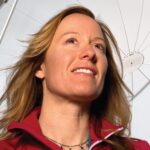
Dr. Maggie Turnbull
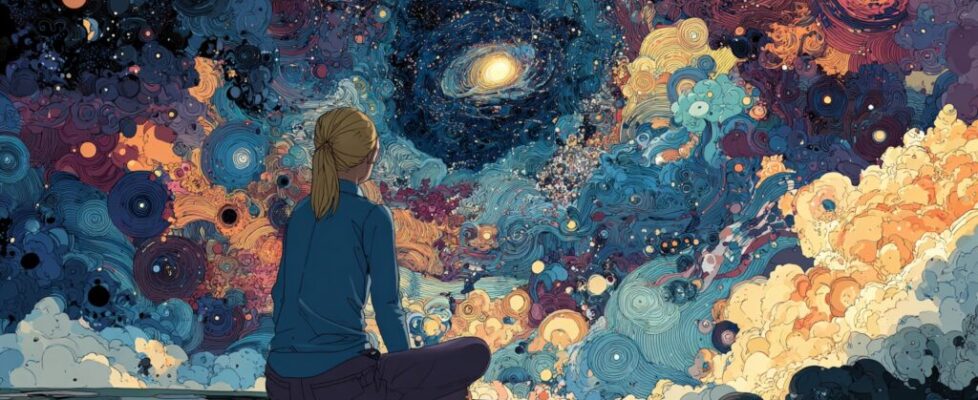


Wonderfest Science Envoys are early-career researchers with enhanced communication skills and aspirations. Following short talks on provocative modern science topics, these two Science Envoys will answer questions with insight and enthusiasm:
• Stanford physicist Maya Beleznay on Weighing Black Widow Pulsars — What would Robert Oppenheimer and a modern physicist have in common? Neither could tell you how many particles can fit in a city-size ball before collapsing into a black hole! Some neutron stars in our galaxy teeter on the edge of this maximum theoretical density. Observations of such “black widow pulsars” allow us to explore a regime of physics that cannot be probed in a lab on Earth.
• UC Berkeley vision scientist Lawrence Man on Retinal Remodeling in Degenerative Blindness — As our eyes’ light-sensitive cells begin to die, downstream retinal neurons undergo physiological changes. Unfortunately, this neural remodeling negatively affects the electrical properties of neurons, interfering with vision. Dedicated researchers are developing strategies and restorative technologies to overcome this retinal remodeling.
This interactive science presentation, free and unticketed, is produced by Wonderfest in partnership with Marin Science Seminar.

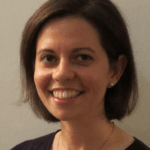
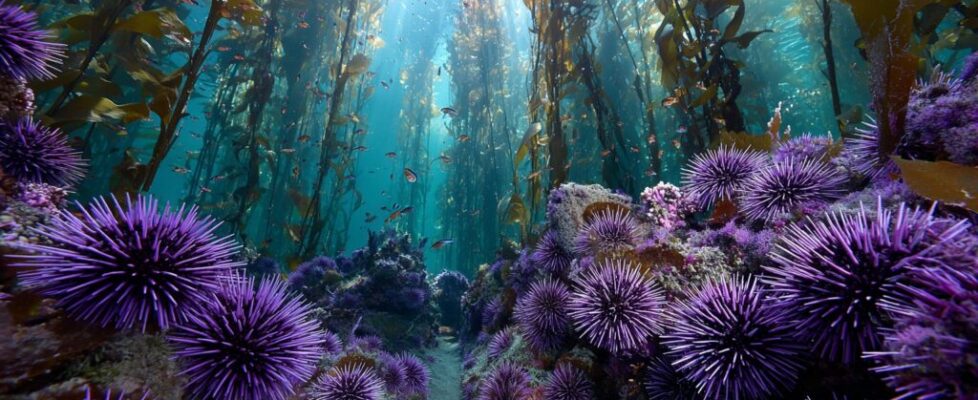
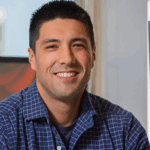
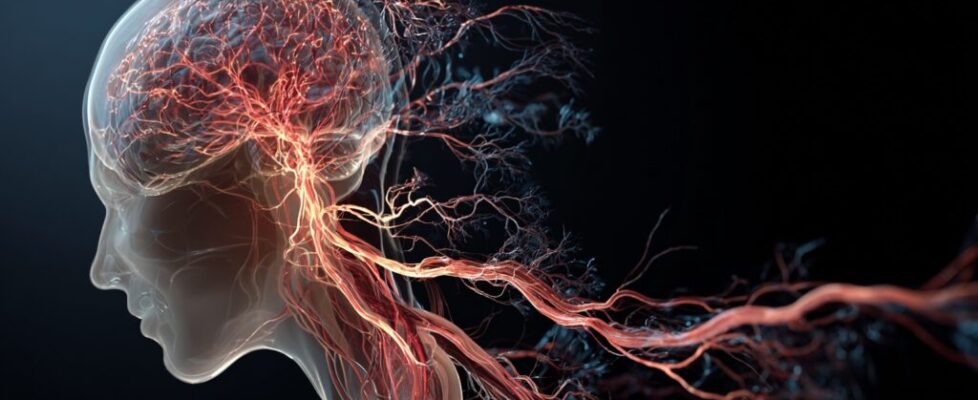
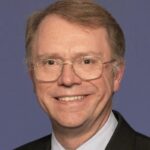
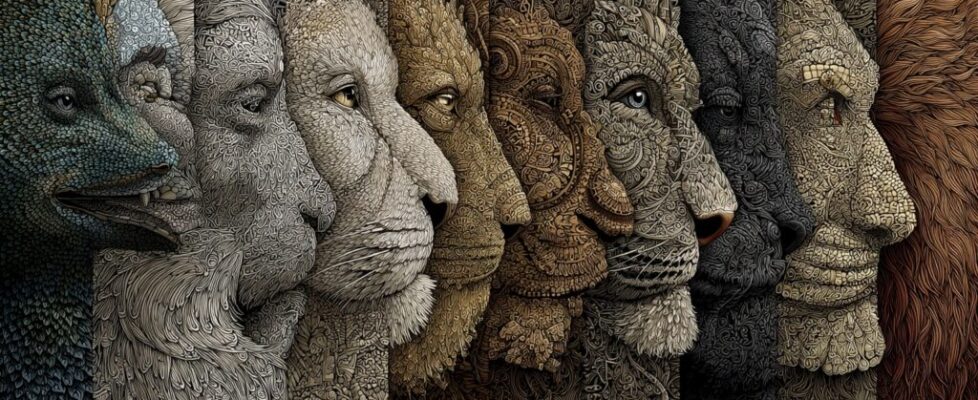
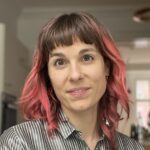
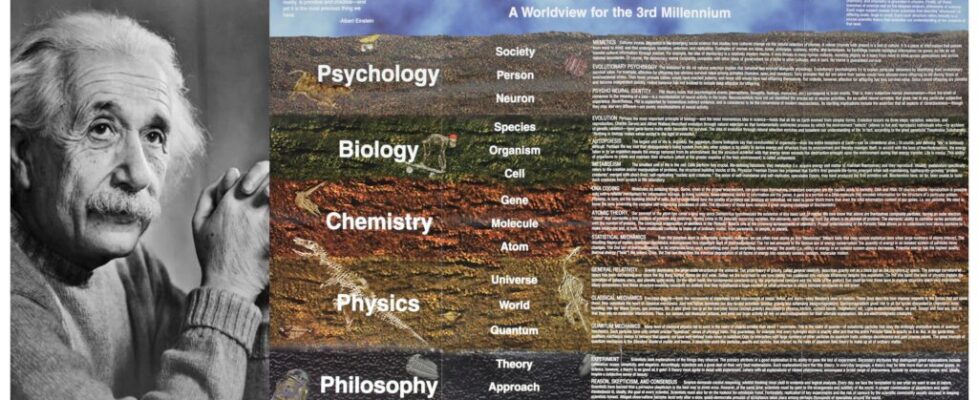
Albert Einstein: “One thing I have learned in a long life: that all our science, measured against reality, is primitive and childlike — and yet it is the most precious thing we have.” This quotation graces the very top of Wonderfest’s large-format Layers of Scientific Understanding (LoSU) poster. In the spirit of holiday appreciation, this special year-end Wonderfest event will review — with much audience participation — each of the fifteen layers within this wonderful graphic depiction of Einstein’s “most precious thing.” Published in the year 2001, and distributed to every high school science department in the Bay Area, the LoSU poster celebrates science as “a worldview for the 3rd millennium” … perhaps with principles that last for eternity.
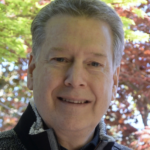
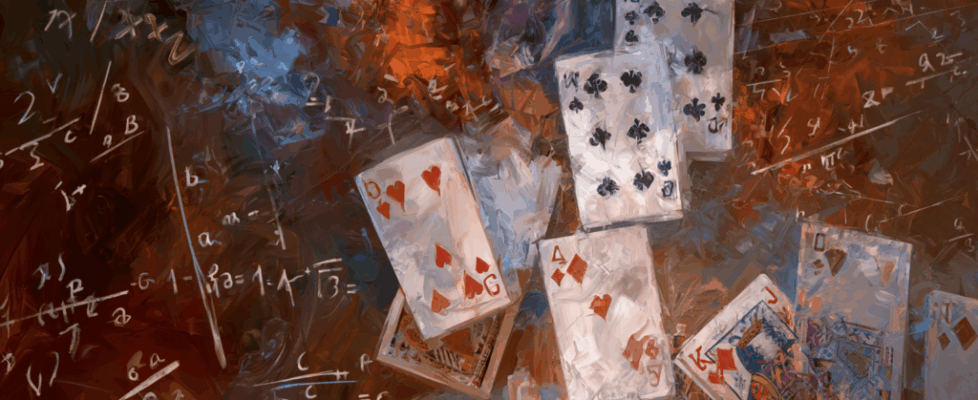
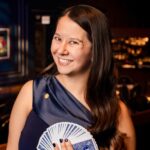
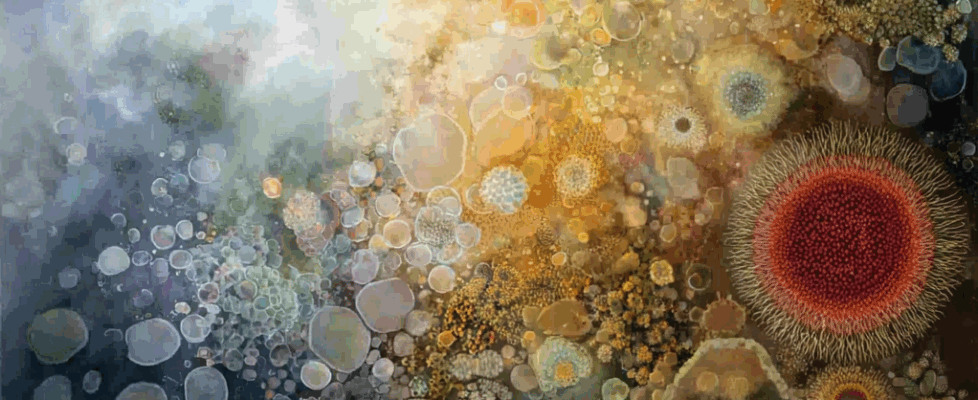
It’s an age-old question: How did life come about? Even the simplest creatures that exhibit the two hallmarks of life, namely metabolism and replication, are astoundingly complex. While the search for life’s origin has fascinated humans for centuries, recent breakthroughs point us in a more conclusive direction, and have remarkable implications. Among important side insights are the unexpected similarities between prebiotic and human innovation, and the central role that energy and information have played in transforming the planet over the last 4 billion years, leading right up to the present climate crisis.
Our Wonderfest speaker, Dr. Charles Marshall, is Distinguished Professor of Integrative Biology at UC Berkeley. He is also Director of the University of California Museum of Paleontology.
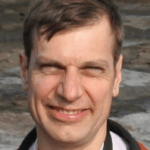

A common model of AI suggests that there is a single measure of intelligence, often called AGI, and that AI systems are agents who can possess more or less of this intelligence. Cognitive science, in contrast, suggests that there are multiple forms of intelligence and that these intelligences trade-off against each other and have a distinctive developmental profile and evolutionary history. Exploitation (the pursuit of goals, resources, and utilities) characterizes adult cognition. However, exploration (seeking information about the world) characterizes childhood cognition, and empowerment (of others, through care and teaching) characterizes cognition in elderhood. The combination of these three different kinds of intelligence, across the course of a life, explains human success.
Our Wonderfest speaker, Dr. Alison Gopnik, is Distinguished Professor of Psychology at UC Berkeley. She is also Affiliate Professor of Philosophy at Cal, and a member of the Berkeley AI Research Group. In 2021, Dr. Gopnik received Wonderfest’s Carl Sagan Prize for Science Popularization.
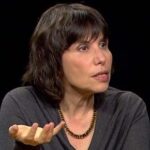
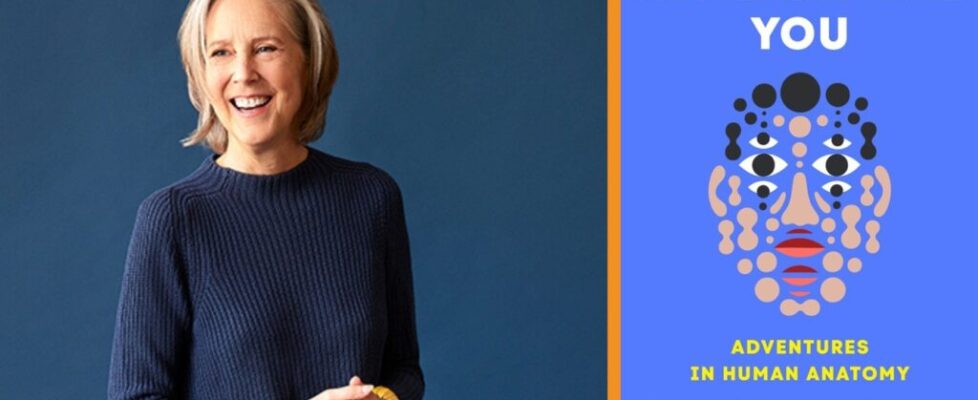
The human body may be hard to improve, at least from the perspective of modern medical innovation. Still, we try — especially as these wonderful mortal machines start to fall apart. Mary Roach, New York Times bestselling author of Stiff and Fuzz, follows the astonishing evolution of body-part replacement, from sculpting noses of brass to crafting body parts using stem cells & 3-D printing. While such advancements can be lifesavers, they often beg a difficult bioethical question: How and when does a person decide they’d be better off with a prosthesis? Wonderfest joins the Commonwealth Club for a fascinating conversation with Mary Roach as she investigates the moral, medical, and metaphysical implications of remaking ourselves from the inside out.
Two types of tickets are available: in-person and online-only. Pre-register with the Commonwealth Club / World Affairs via the “Tickets” link, below. Use promo code WONDERNAUTS for a $7 ticket discount.
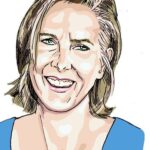
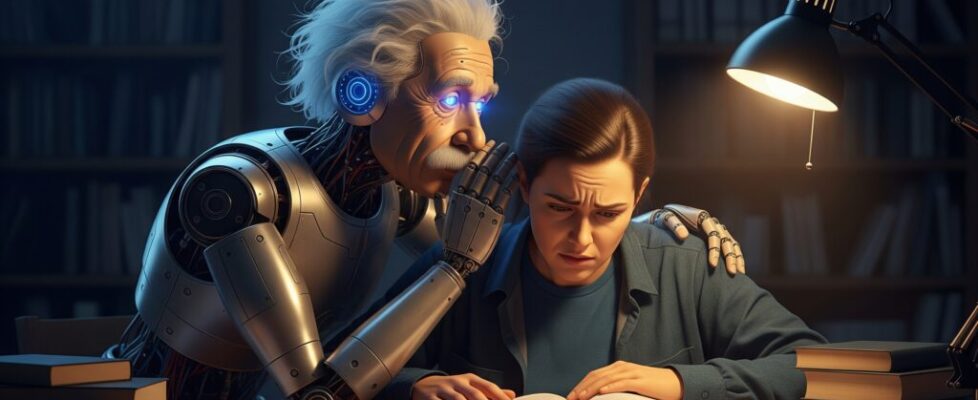
AI tools are everywhere now, promising to help us write, solve, understand, and create faster and more easily than ever. But there is a growing concern: Are these tools actually helping us learn, or just making it look or feel like we know something? Can we develop AI systems to support deep human learning? Truly useful systems don’t just give answers, but help us to build metacognitive skills to think critically, reflect, and adapt as we learn.
Our Wonderfest speaker, Dr. Kelsey Urgo, is Assistant Professor of Computer Science at the University of San Francisco.
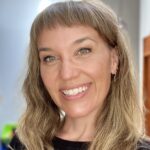

Diet, exercise, connection, and sleep are four key determining factors in human health. Sleep, in particular, plays a critical role in recovery and resilience. Fortunately, recent eye-opening (*ahem*) research can help us harness sleep science to improve everyday life and long-term health.
Our Wonderfest speaker, Greg Tranah, PhD, is Professor of Epidemiology & Biostatistics at UC San Francisco. He is also Senior Scientist at California Pacific Medical Center Research Institute.
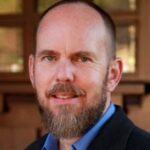
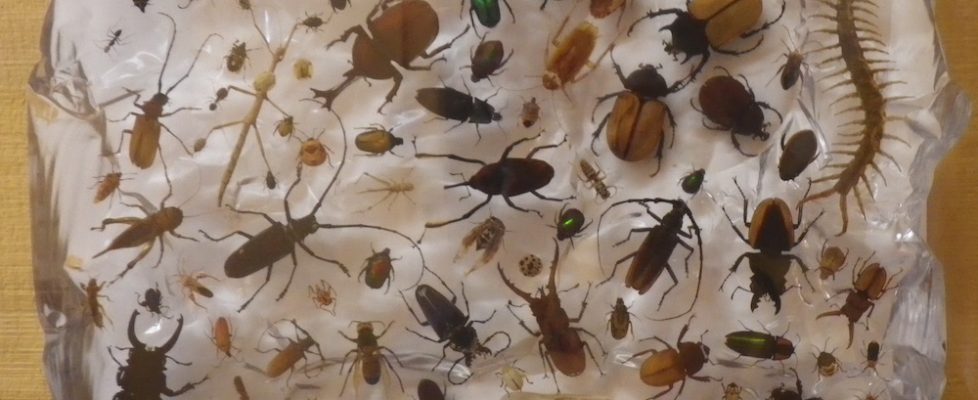
Dr. Vernard Lewis first encountered insects as a child, capturing grasshoppers and ants in California’s central valley. Since then, he has traveled to fifty countries to discuss many creepy-crawlies, sometimes as a member of the United Nations Global Termite Expert Group. This Wonderfest event offers a rather personal account of a bug-rich life, including oakworm adventures on Mt. Tamalpais, and (tiny) pest removal at San Quentin Prison. Dr. Lewis will share “field experiences” with termites, with bedbugs, with cockroaches, and with courtrooms (as an expert witness). He will also display real insects — both dead and alive — and the damage they can do.
Our Wonderfest speaker is Vernard Lewis, Cooperative Extension Specialist (emeritus) at UC Berkeley. Dr. Lewis has earned three degrees in entomology, and is a global authority on termites.
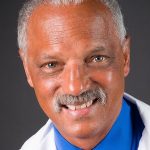

Fusion research aims to bring sun-like energy production safely to Earth. Recent advances have been momentous, including scientific breakthroughs at Lawrence Livermore Lab’s National Ignition Facility, where Earth’s most energetic lasers drive hydrogen atoms to fuse in a controlled thermonuclear reaction. What challenges remain as we work to put the world’s first fusion power plant on the grid?
Our Wonderfest speaker is Ellie Tubman, Assistant Professor of Nuclear Engineering at UC Berkeley. Dr. Tubman was Research Associate at the UK’s Imperial College, London.
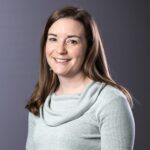
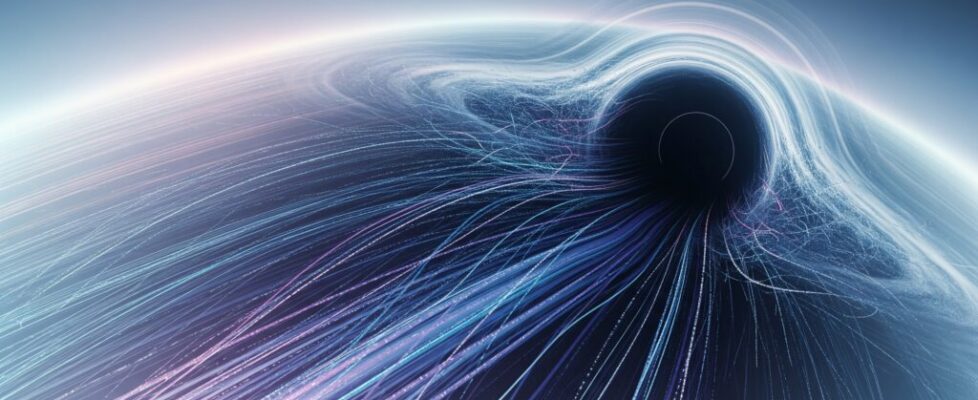
By allowing space and time to bend, Einstein’s theory of gravity, General Relativity, explains how apples fall, how planets move, how the universe expands, and how black holes form. Quantum Mechanics, on the other hand, describes subatomic physics — in a very different language that seems incompatible with General Relativity. Yet, unlike any other classical theory in physics, General Relativity “knows” about Quantum Mechanics. Einstein’s theory allows us to compute how many quantum states a black hole has, and how much quantum information fits in the universe. Somewhat like an oracle, it has revealed to us profound properties of quantum theory that have since been rigorously proven. Amazingly, gravity encodes quantum information using sophisticated tools that are central to emerging quantum technologies.
Our Wonderfest speaker is Raphael Bousso, Professor of Physics at UC Berkeley. Dr. Bousso leads the Bousso Group at the Berkeley Center for Theoretical Physics.
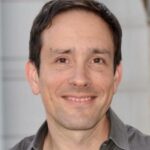
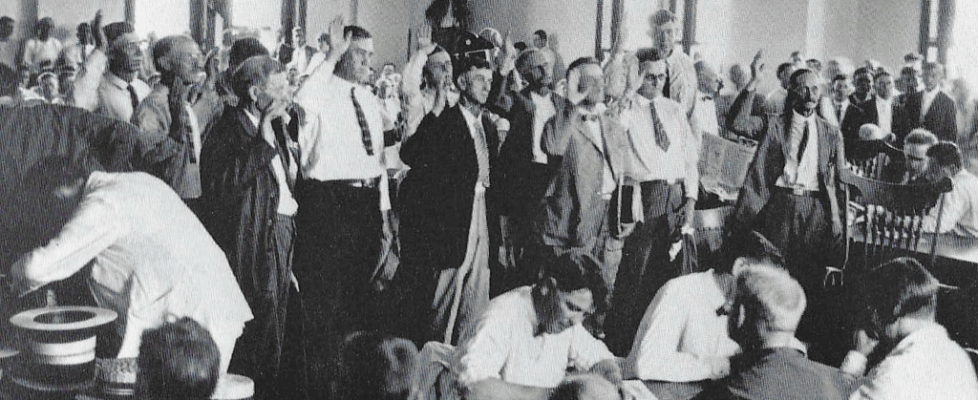
2025 marks the 100th anniversary of the “Trial of the Century”: Tennessee vs. John T. Scopes, the first major legal assault against the teaching of evolution in America. Mostly because of the fictional movie Inherit the Wind, the Scopes “monkey trial” is wrongly perceived as a victory for evolution over the forces of obscurantism. The full story is much more complex and interesting, involving science, religion, law, education, politics, celebrities, modern communications, and the politicization of science.
Our Wonderfest speaker is physical anthropologist Dr. Eugenie Scott, author of Evolution vs. Creationism: An Introduction, and former director of the National Center for Science Education. Genie is the recipient of numerous awards from both scientists and educators, including the National Academy of Sciences Public Welfare Medal.
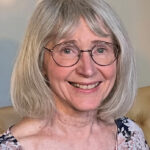
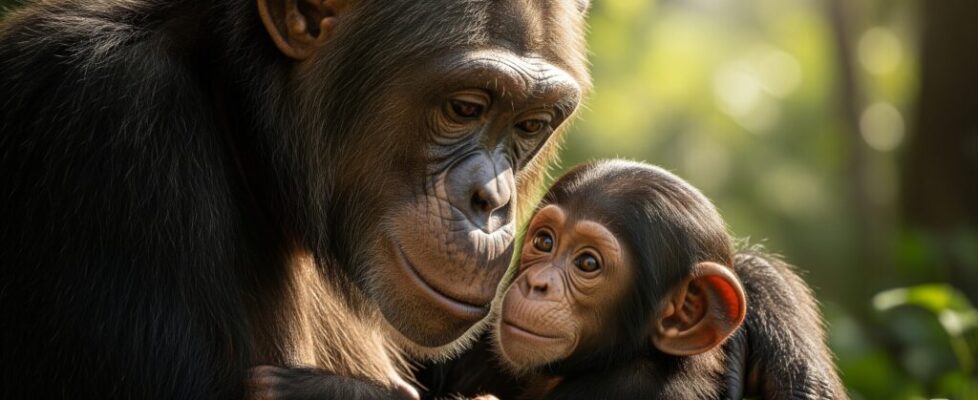
Love may not “make the world go ’round,” but it surely makes the ride more joyous. The outward displays of love are familiar and simple: a reassuring touch, a passionate kiss, a bedtime story told to a drowsy child. But what is going on inside the brains of people in a loving relationship? Surprisingly, neuroscience can now inform us about the bonds of affection, and how, over each lifetime, love acts to sustain our body and even prolong our life.
Wonderfest’s speaker is psychologist Thomas B. Lewis, M.D., Adjunct Professor at the University of San Francisco and Asst. Clinical Professor of Psychiatry at UCSF. Dr. Lewis is co-author of A General Theory of Love.
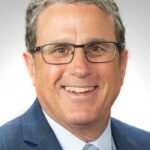
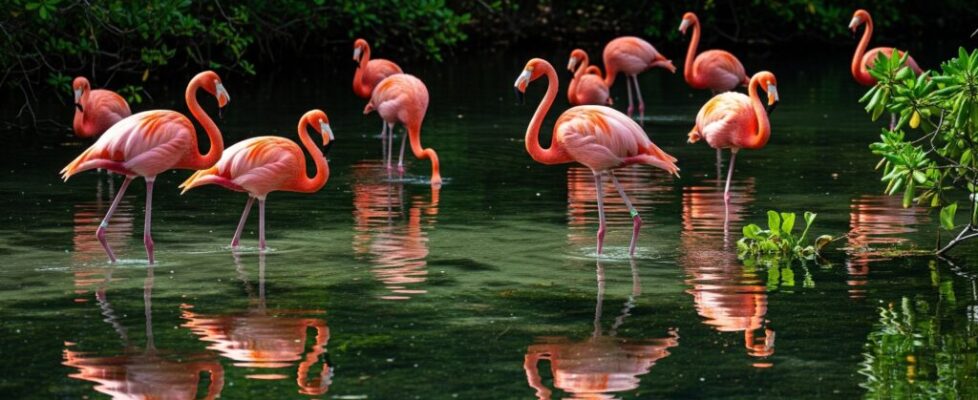
Basic physics shapes the natural world. Through evolution, creatures have figured out how to use the laws of physics to make biology flourish. Flamingos generate water vortices to trap food. Various birds and fish use vortex shedding and fluid turbulence to control movement. For small animals, electrostatic forces and/or capillary forces can reign over gravity to affect the critters’ very survival. Nature is a beautiful dance of biology and physics.
Our speaker is biophysicist Victor M. Ortega Jiménez, Assistant Professor in the Integrative Biology Department at UC Berkeley. Dr. Ortega-Jiménez directs Cal’s Ornithopterus laboratory in organismal dynamics.
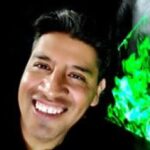
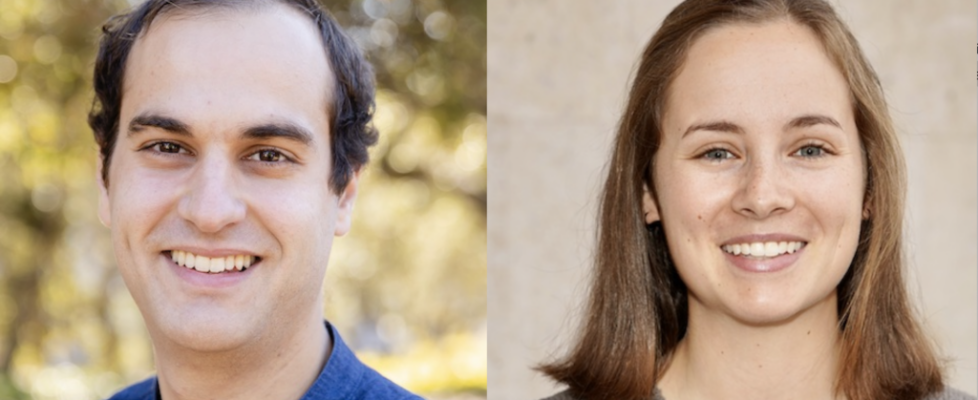
Wonderfest Science Envoys are early-career researchers with enhanced communication skills and aspirations. Following short talks on provocative modern science topics, these two Science Envoys will answer questions with insight and enthusiasm:
• UC Berkeley seismologist Savvas Marcou on Smartphones Map Ground Shaking in Our Neighborhoods — California is earthquake country. Everyone would love to know how much shaking the next temblor will deliver to their neighborhood. Fortunately, the humble smartphone, available in everyone’s pockets, can record and map ground shaking patterns in unprecedented resolution, and may transform how we think about the next big earthquake.
• Stanford neuroscientist Ashley Moses on Rethinking Histamine: From Molecule to Motivation — Though primarily known for its role in allergies, histamine influences cognition, mood, and sleep, as well. In fact, this understudied molecule is indispensable for brain health. By studying histamine’s role in motivated behaviors, we can uncover groundbreaking insights into neurological problems like depression, Parkinson’s Disease, and stress disorders.
This interactive science presentation, free and unticketed, is produced by Wonderfest in partnership with Marin Science Seminar.